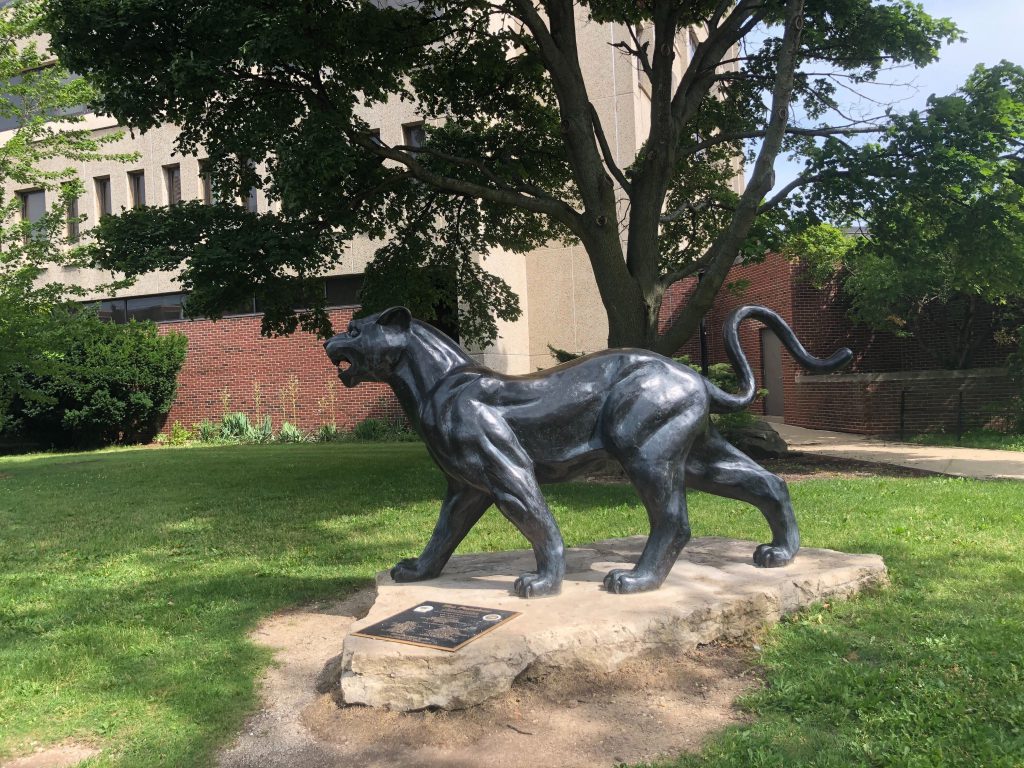State Colleges, Universities Pay Down Student Debt
UWM, MATC lead the way, using millions in federal COVID-19 relief to slash debt.
As the fall semester approaches, more Wisconsin universities and colleges are looking at ways to reduce debt that could keep students from continuing their education.
Officials at the University of Wisconsin-Milwaukee announced Friday they had forgiven more than $5 million in outstanding balances owed by students from the 2020-21 school year.
Kay Eilers, associate vice chancellor for enrollment management, said the university decided to pursue the debt relief program after seeing current students were slower to enroll in classes for the fall semester.
“We were hearing from a number of students that financial challenges on a whole wide spectrum of topics were particularly challenging and perhaps preventing folks from continuing,” Eilers said. “The balances weren’t necessarily that much higher than we’ve seen in the past. But we know folks are struggling more to get that balance to a place where they feel comfortable and ready to continue their education.”
Eilers said the debt forgiveness will happen automatically and students don’t need to apply or be currently enrolled, with about 100 students who graduated qualifying for the debt forgiveness.
UW-Milwaukee is believed to be the first UW System school to pursue the debt relief program. A UW System spokesperson didn’t return a request for comment.
But some technical colleges around the state have already provided similar debt forgiveness programs.
Milwaukee Area Technical College and Madison Area Technical College announced they would forgive student balances at the end of July, with aid totaling $5.75 million and $4 million respectively. Western Technical College in La Crosse announced earlier in August that they would forgive around $740,000 in unpaid balances.
Funding for these programs comes from federal dollars allocated to the schools through the U.S. Department of Education’s Higher Education Emergency Relief Fund.
Keyimani Alford, dean of student access and success at Madison College, said the federal COVID-19 relief program provided specific funding for student aid. But a growing number of institutions across the country, particularly historically Black colleges and universities, started directing institutional funds to unpaid student balances is what Alford calls “a win-win situation.”
Alford said around 1,300 people, or 26 percent, of the more than 5,200 Madison College students who had their debt forgiven were not enrolled in classes for the upcoming semester. But in the last three weeks, 228 of those students, or about 17 percent, have signed up for classes.
Alford said having an outstanding balance can also have more serious consequences than just keeping a student from re-enrolling.
“They can be sent to collections. It could mean they can’t transfer to another institution because they can’t get access to transcripts. It could mean … garnishment of their wages depending on how far along the path they get,” Alford said.
Both Madison College and UW-Milwaukee are also offering pandemic-related emergency grants to help students cover educational expenses for the upcoming school year.
Listen to the WPR report here.
Wisconsin Colleges, Universities Using Federal COVID-19 Relief To Pay Off Student Debt was originally published by Wisconsin Public Radio.






















There is very little reporting, here or elsewhere, on the criteria used for this debt forgiveness. It is being financed by public funds, and consequently, there should be some accountability about where the money is going. Debt forgiveness is not like a loan, which is paid back, and it is not like a grant, which go to those with the most academic potential. Furthermore, who do we hold responsible if there are mis-allocations?
I realize there are restrictions regarding the publication of individual student data. However, accountability does not require individually identifiable data. For example, something as simple as a statement that all recipients are from families with incomes less than 150% of the federal poverty level would be sufficient. But even this level of documentation has not been provided.
I am not necessarily opposed to some level of debt forgiveness, but I would be much more supportive if it went through a legislative process where the criteria was defined. If you a have any doubts about the potential for possible malfeasance when things are done without full public scrutiny, please remember the Milwaukee County pension scandal of 2002.